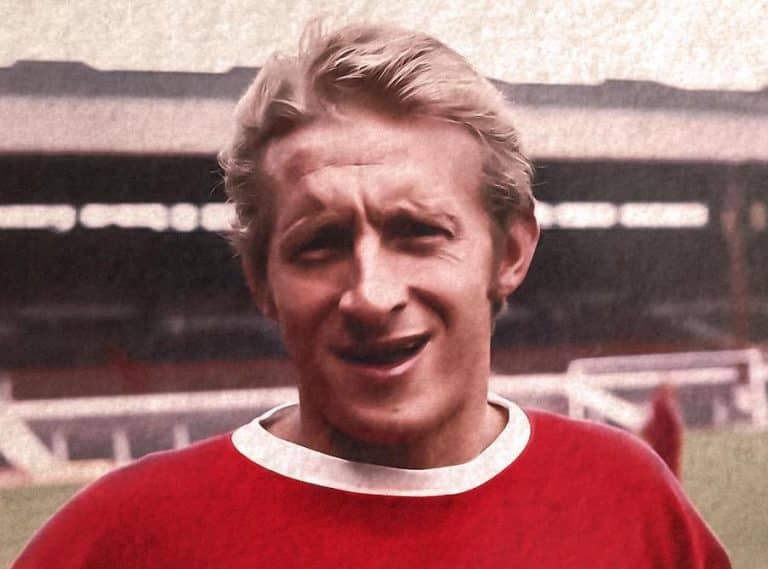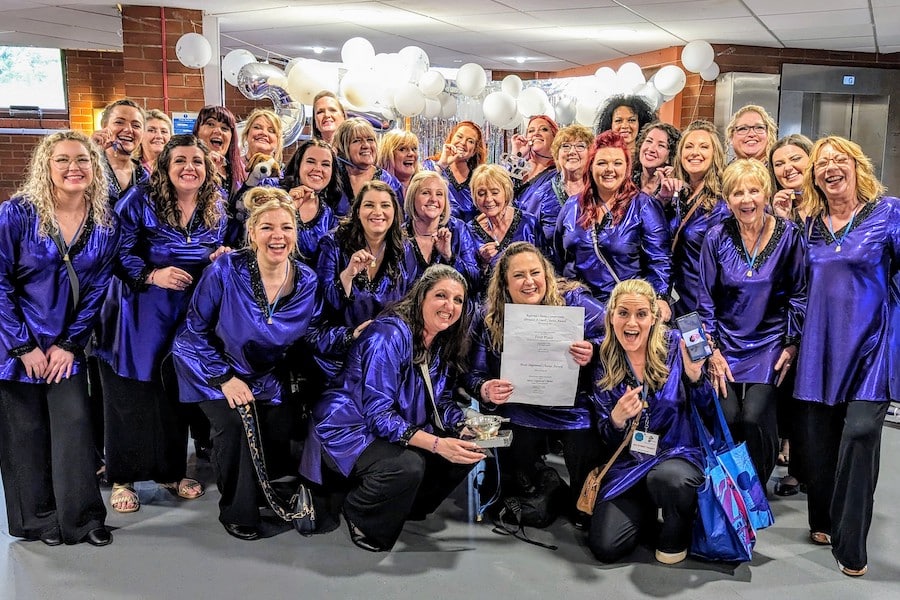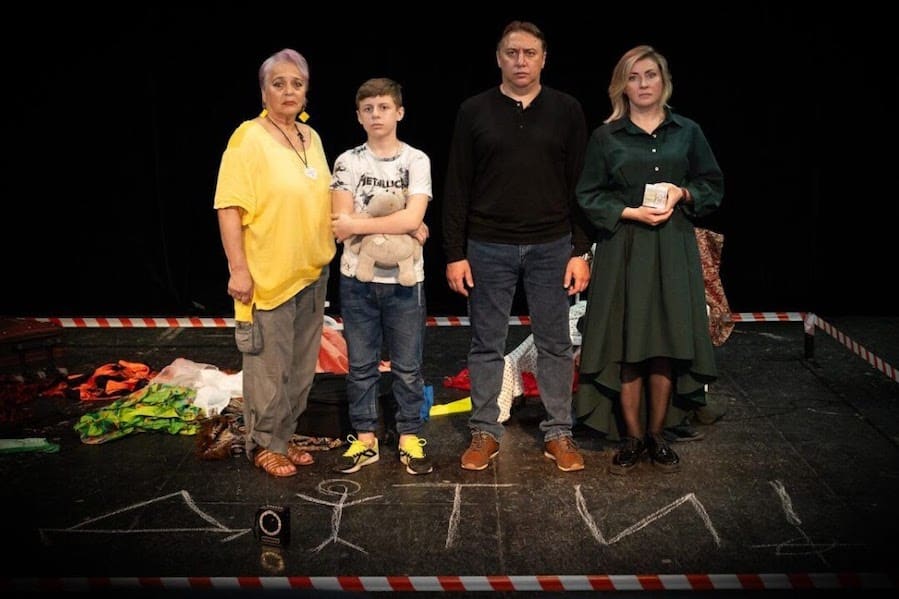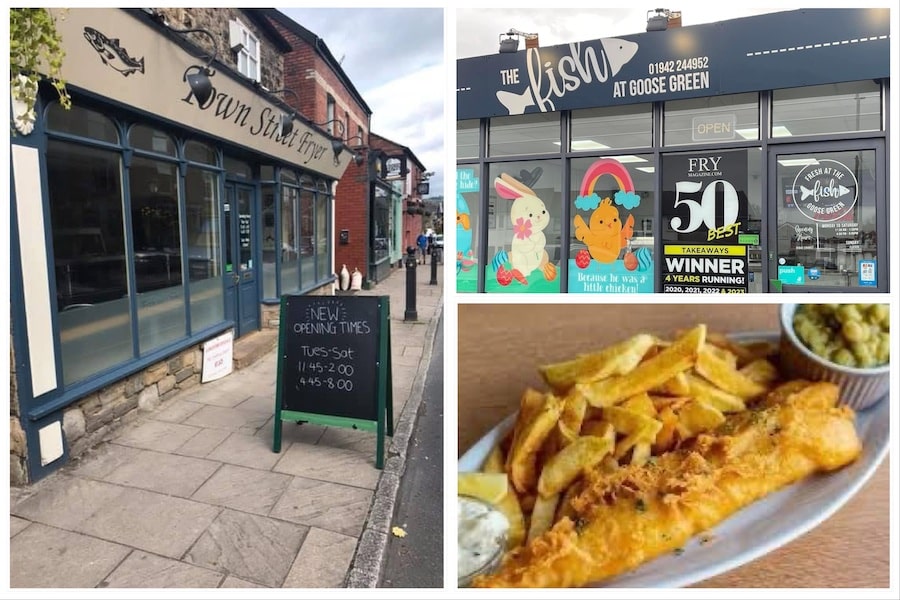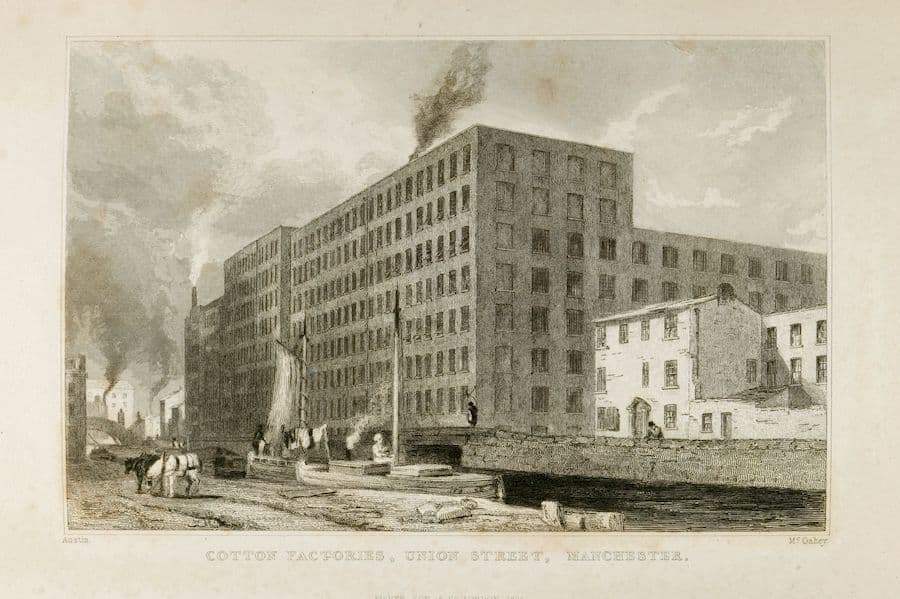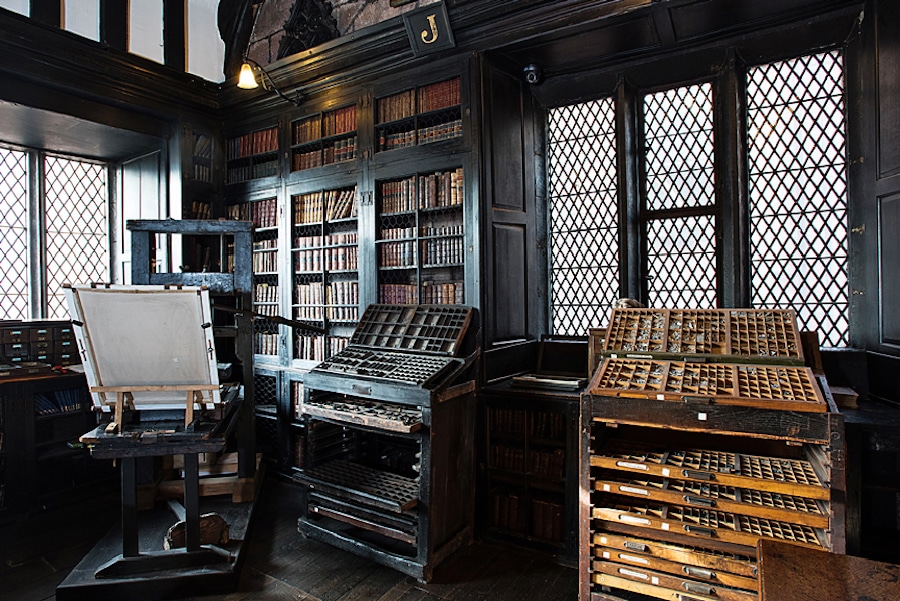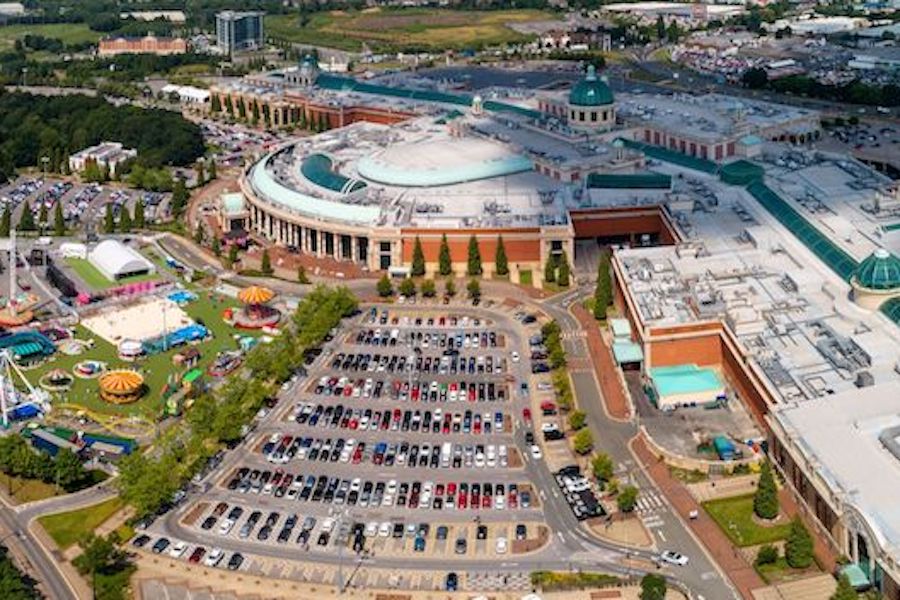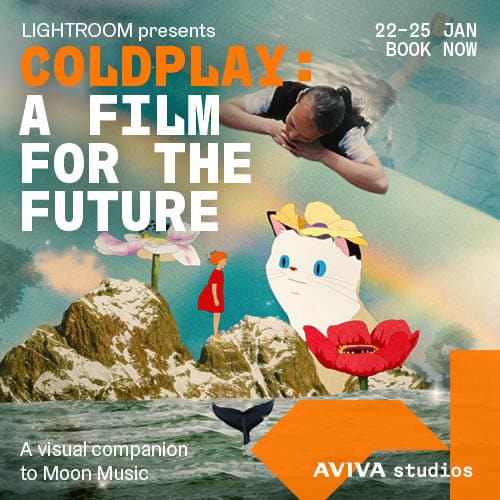The history of the legendary Twisted Wheel Nightclub
- Written by Thom Bamford
- Last updated 1 year ago
- Community, History, People
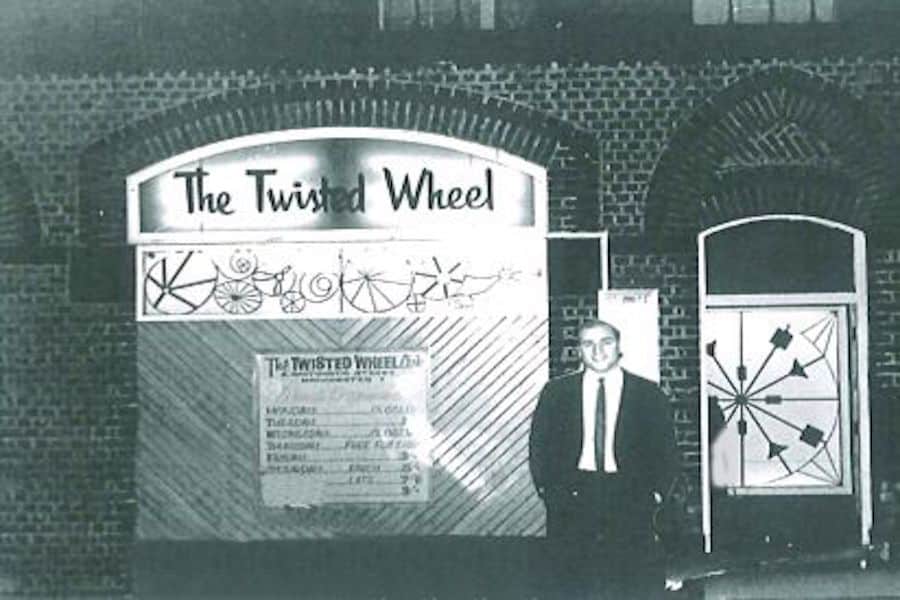
Step into the vibrant world of The Twisted Wheel nightclub – a legendary hotspot that grooved through the swinging ’60s and left a huge mark on Manchester’s music scene.
Kicking off in the early 1960s on the lively Brazennose Street in Manchester, by 1965, it found a new home at 6 Whitworth Street, becoming the go-to place for soulful beats and all night dancing.
Now, you might be thinking, “What’s the big deal about a nightclub that closed its doors in 1971?”
Well, buckle up, because The Twisted Wheel’s tale is anything but short-lived.
In its brief existence, this club didn’t just play music; it was a cultural phenomenon.
Enter the world of Northern Soul, a subculture shaped and moulded on The Twisted Wheel’s dance floors.
Fast forward through the decades, and the legacy of Northern Soul still pulsates through our cultural veins.
It’s more than just music; it’s a phenomenon.
From the fashion that dared to be different to the dance styles that defied convention, Northern Soul is a celebration of the unconventional.
And let’s not forget the incredible tunes brought to life again that had slipped through the cracks of mainstream recognition.
So, join us as we dive into The Twisted Wheel’s dynamic journey – where the beat goes on, and the soul lives forever.
A Soulful Revolution in Sound
Nestled between Deansgate and Albert Square, the Twisted Wheel Nightclub emerged as a cultural phenomenon, transcending the ordinary nightlife experience of the time.
Established by the Abadi brothers—Jack, Phillip, and Ivor—the club’s journey began on Brazennose Street, setting the stage for a soulful revolution.
The Birth of a Mod Haven: Twisted Wheel’s Brazennose Street Era
In its infancy, Twisted Wheel became synonymous with the mod movement, offering a haven for rhythm and blues enthusiasts.
Roger Eagle, the iconic DJ, curated an eclectic playlist that resonated with the beats of the time.
The pinnacle of this era was the last all-nighter on September 11, 1965, featuring John Mayall’s Bluesbreakers with none other than Eric Clapton.
Memories of the Twisted Wheel Doorman
Alan Williams, who used to watch the door at the Twisted Wheel shared his memories of the place with us.
He said: “Me and a couple of friends were hired by the Abadi brothers to manage the door of the Twisted Wheel.
“It was sometimes challenging, but it turned out to be quite profitable, with over 10,000 members within a couple of years, each paying 50 pence.
“None of the members were likely over 18 because there was no alcohol available.
“A coffee bar that was always packed seemed like a good situation!
“Luckily, we didn’t encounter much trouble; we weren’t exactly bouncers, but being big guys certainly helped.
“One memorable night, we were at the bottom of the club’s entrance steps when a really large guy insisted on entering despite our repeated objections.
“Eventually, we let him go in for a short walk, and he quickly realised it wasn’t his kind of place.
“Turns out he was a sparring partner for Brian London, who was training at Bellevue.
“Common sense prevailed.
“Two other guys also had door duties.
“One of them was massive, with a 19-inch neck and a large build.
“One night, we arrived for our shift only to find that determined youngsters had flooded in, throwing themselves down the stairs recklessly.
“Both doormen ended up in the hospital, with the big one, Paddy, being in worse condition.
“A fortunate escape.
“Most nights, the money we earned at the door was spent at another club a short distance down Brazenose Street that thankfully served alcohol.”
Relocation and Reinvention: Whitworth Street Unveiled
On September 18, 1965, Twisted Wheel unveiled its new home on 6 Whitworth Street, marking a pivotal moment in its history.
The Spencer Davis Group headlined the relocation, ushering in a soul-oriented era curated by resident DJ Bob Dee.
The converted warehouse boasted a unique layout, with a coffee snack bar on the ground floor and a underground dance haven.
Soulful Nights and Iconic Performances
Twisted Wheel’s fame soared as it hosted live performances by legendary soul artists.
The tiny stage witnessed the likes of Junior Walker, Edwin Starr, Ike and Tina Turner, and many more, captivating audiences in the early hours of the morning.
The journey into soul’s heartland became a pilgrimage for enthusiasts from across the UK.
Musical Imports and All-Night Sessions: The Northern Soul Phenomenon
Before Twisted Wheel, UK nightclubs played mainstream music, but the venue’s DJs, along with local entrepreneurs, changed the game.
They imported rare records directly from the US, introducing a unique playlist.
The all-night sessions, held every Saturday, became legendary, featuring new and rare tracks. By 1969, the playlist expanded to include more mainstream hits, but the essence of rare soul music remained.
The Commemoration in Music: Chris Rea’s “Twisted Wheel”
The Twisted Wheel’s impact transcended its physical space.
Chris Rea immortalised the club in his song “Twisted Wheel” from the album Deltics, capturing the essence of a place that left an indelible mark on the soul music landscape.
The Genesis of Northern Soul: Dave Godin and the Legendary Visit
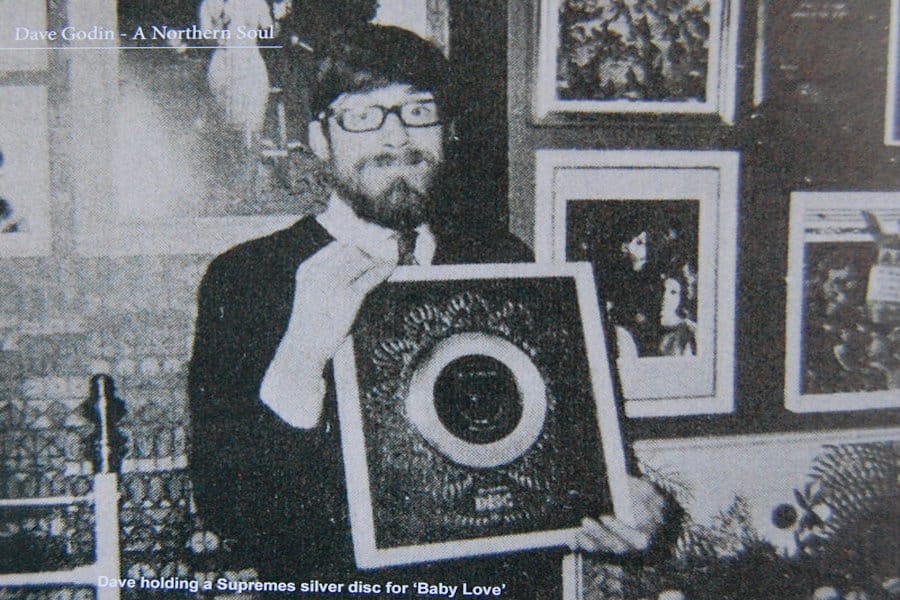
In 1970, music journalist Dave Godin coined the term “Northern Soul” after his visit to the Twisted Wheel.
The term “Northern Soul” was coined by the influential British music journalist Dave Godin.
In 1970, Godin visited the Twisted Wheel Nightclub in Manchester and was deeply impressed by the unique musical culture he found there.
The Twisted Wheel was renowned for its commitment to playing rare and uptempo soul records, many of which were imported directly from the United States.
Dave Godin was struck by the distinctiveness of the soul music scene at the Twisted Wheel, noting that it was a phenomenon specific to the northern part of England. In an article he wrote for Blues & Soul magazine, he referred to the kind of soul music embraced by the Twisted Wheel and similar venues as “Northern Soul.”
The term was a nod to the geographic location of these clubs, primarily in the northern regions of England, where a passionate subculture of soul music enthusiasts was emerging.
The concept of Northern Soul encapsulated the unique style of soul music favoured by these clubs, characterised by rare, lesser-known tracks that weren’t part of the mainstream soul playlists.
The term gained widespread recognition and became synonymous with a subculture dedicated to discovering, appreciating, and dancing to soul music that was off the beaten path.
Over time, Northern Soul grew into a distinctive and enduring movement, and the term became a genre label for a specific type of soul music with a fervent following.
The club’s dedication to rare and uptempo soul music birthed a subculture that resonates to this day.
Bylaw Closure and the Torch Passed
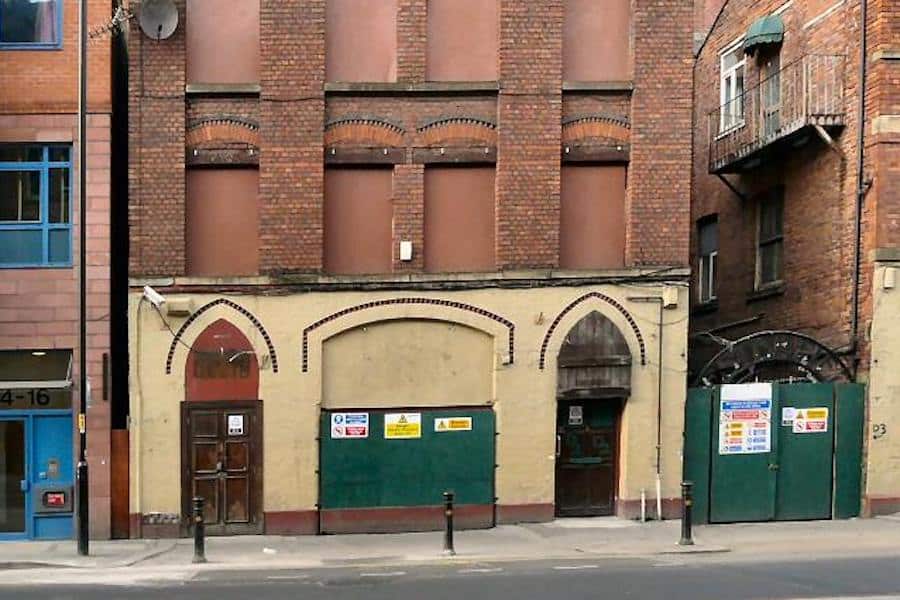
The Twisted Wheel’s vibrant journey took an unexpected turn in early 1971.
A bylaw restricting late-night operations led to the club’s closure, passing the torch to the Golden Torch.
The subsequent years saw the Golden Torch in Stoke on Trent as the epicentre of Northern Soul, a title it held until it faced closure due to local council opposition.
Legacy Amidst the Shadows: Twisted Wheel in Retrospect
The club’s contribution to the cultural tapestry of Manchester endures, reminding us of an era when soul music found a home in the heart of the city.
While the Twisted Wheel’s active years may have been relatively short-lived, its impact on Manchester’s nightlife reverberates through the ages.
The club’s Whitworth Street location, with its distinctive layout and intimate atmosphere, became a breeding ground for a community of passionate music enthusiasts. Its influence, though eclipsed by other venues like Wigan Casino in later years, remains an essential chapter in the city’s nightclub history.
Manchester’s rich and diverse nightlife owes a debt to the Twisted Wheel, a place where the spirit of musical exploration and community thrived, leaving an everlasting imprint on the city’s nocturnal soul.
So what are your memories of The Twisted Wheel? We want to put together an article featuring people’s memories and experiences of the place.
If you’ve got any photos, stories, or anecdotes you’d like to share about the place, let us know!
email [email protected]
- This article was last updated 1 year ago.
- It was first published on 24 November 2023 and is subject to be updated from time to time. Please refresh or return to see the latest version.
Did we miss something? Let us know: [email protected]
Want to be the first to receive all the latest news stories, what’s on and events from the heart of Manchester? Sign up here.
Manchester is a successful city, but many people suffer. I Love Manchester helps raise awareness and funds to help improve the lives and prospects of people across Greater Manchester – and we can’t do it without your help. So please support us with what you can so we can continue to spread the love. Thank you in advance!
An email you’ll love. Subscribe to our newsletter to get the latest news stories delivered direct to your inbox.
Got a story worth sharing?
What’s the story? We are all ears when it comes to positive news and inspiring stories. You can send story ideas to [email protected]
While we can’t guarantee to publish everything, we will always consider any enquiry or idea that promotes:
- Independent new openings
- Human interest
- Not-for-profit organisations
- Community Interest Companies (CiCs) and projects
- Charities and charitable initiatives
- Affordability and offers saving people over 20%
For anything else, don’t hesitate to get in touch with us about advertorials (from £350+VAT) and advertising opportunities: [email protected]
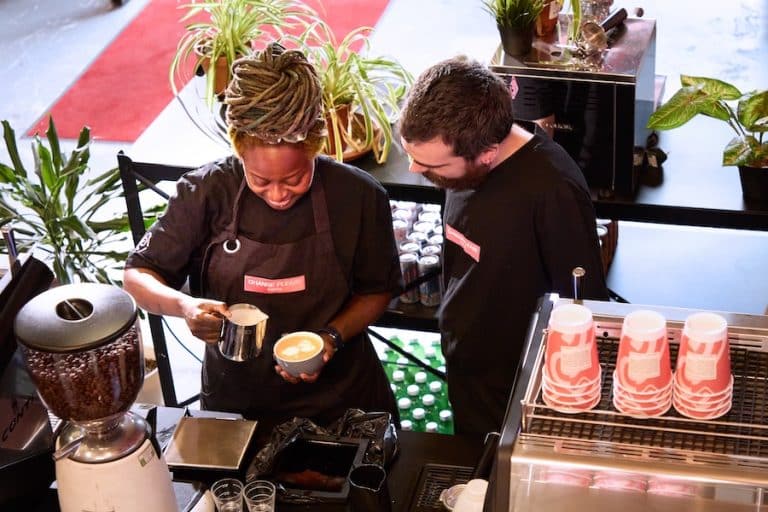
Meet the charity stirring up change with every coffee brewed
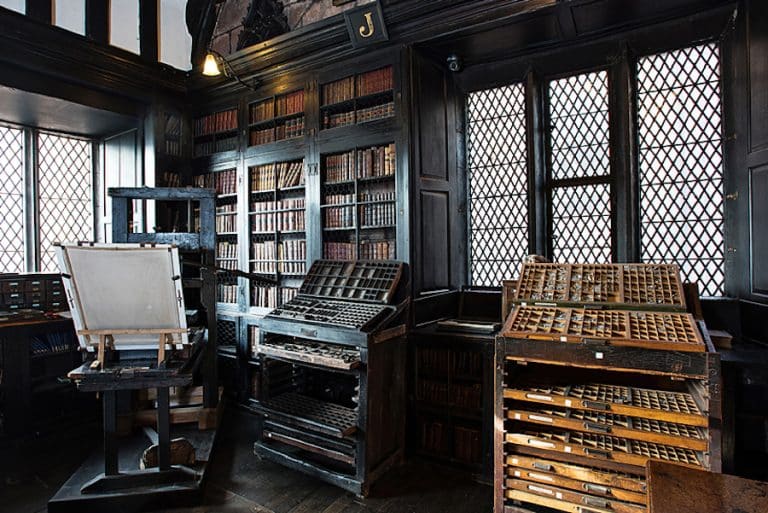
Discover the captivating history behind the English-speaking world’s first library

New exhibition unravells the truth about cotton and slavery in Manchester’s industrial rise

How shared ownership can get you on the property ladder in 2025
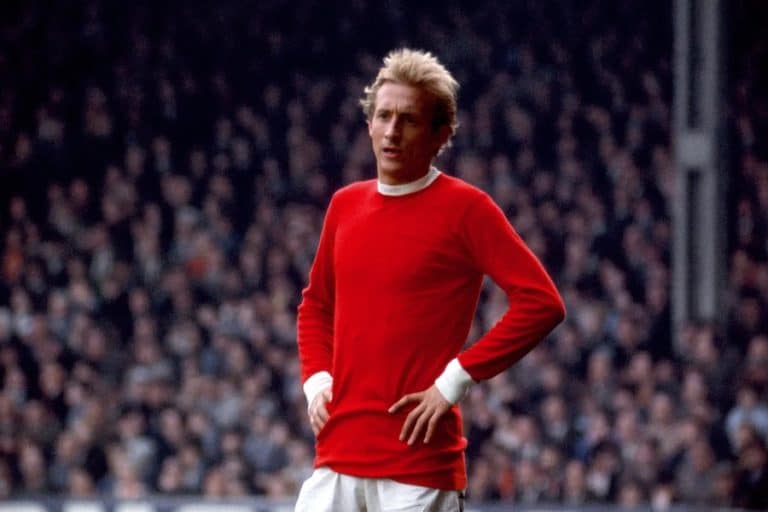
From barefoot boy to Ballon d’Or – celebrating the man who bought magic to Manchester
